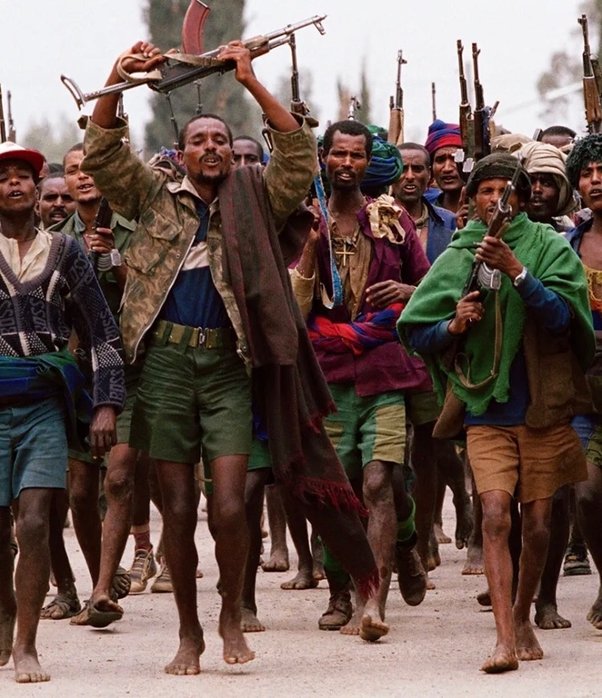Author: Kassahun Melesse
Affiliation: Oregon State University
Organization/Publisher: Foreign Policy
Date/Place: November 19, 2020/USA
Type of Literature: Analysis
Word Count: 2328
Keywords: Tigray, Ethiopia, TPLF, Abiy, Oromo
Brief:
This analysis reveals the war between Tigray and the Ethiopian government from an economic perspective. While the argument centralizes on the action of economic reforms that Prime Minister Abiy Ahmed has undertaken, the reaction was to wage an ethnic war to claim the long-standing dominance of The Tigray People’s Liberation Front (TPLF) in the country. For about three decades of its ruling the country, the TPLF has dominated and created a systematic control over the state. However, while the political and security apparatus were to keep TPLF at the top of the state, the control of Ethiopia’s economy, natural resources, and billions of dollars that Ethiopia receives from international donors and investors marks the key cause of the conflict. The economic reforms that followed Abiy’s rise to power made TPLF perceive that its dominance is threatened, and that its departure is a matter of time if it does not react. Besides the economy, Abiy’s reforms have also included purging the military institution of TPLF loyal officers whose role was to keep the TPLF in power to preserve economic control. Due to Abiy’s reforms, the only reaction for TPLF is to play an ethnic game to put pressure on Abiy and push the country into a violent transition. Although the article offers a strong argument for the current war, it could not explain the same phenomenon in Ethiopian history. The game of ethnic retaliation and tribal rivalries is common in Ethiopian history.
By: Imad Atoui, CIGA Research Associate




